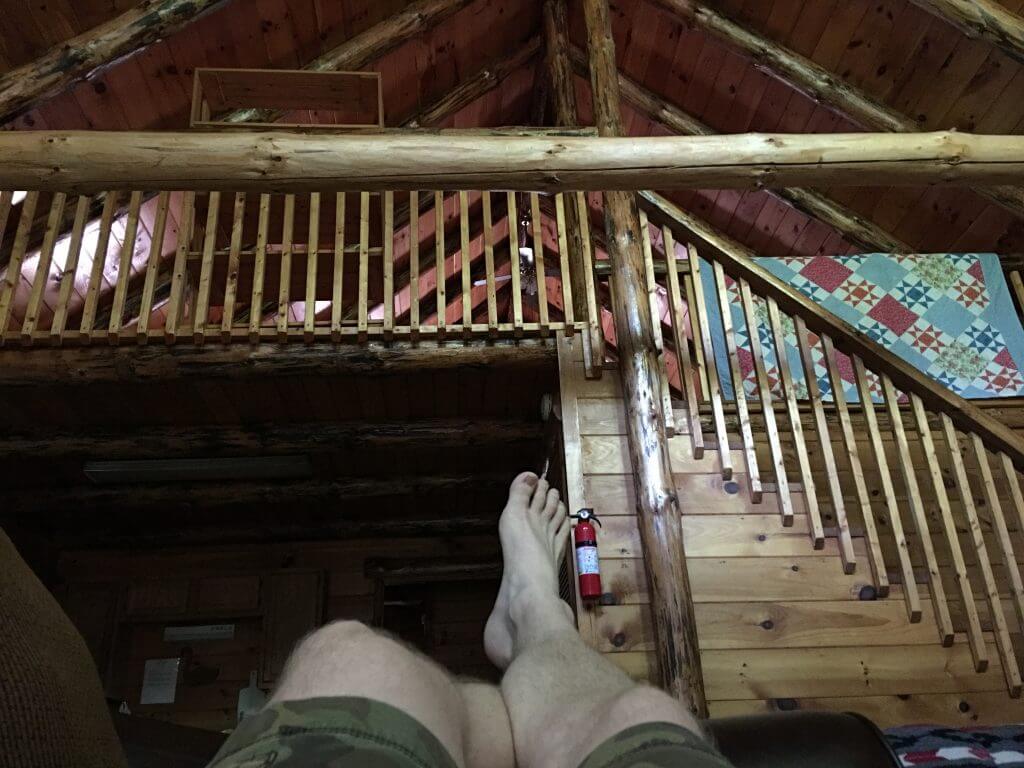

Brand Consultant | Brand Strategist | Creator of Vibe, Tribe, & Why®
It’s late on a Friday afternoon. Most people have started their trek home or to the start of the weekend, but not me. I just fired up my business email account after not checking it for 5 days. Not even a quick look.
My first vacation in two years is drawing to a close, and it has been exactly what I needed it to be: Relaxing, rejuvenating, and enough time away from the business I co-own and run to feel like I can start Monday strong.
Getting to this point was not automatic, and over my years of self-employment, I’ve learned a few lessons the hard way. I’d like to offer a how-guide for taking a vacation when you’re self-employed.
We would be wise to start with the systemic argument of why taking a vacation is desirable, and I believe it’s not an “I want” thing. Vacations are not something we do because we want to, they are what we do because rest is mandatory.
I am a formerly obese man, but now I’m the best shape of my life. Fitness and health didn’t just happen to me; I make daily sacrifices and keep to disciplines that result in it. One core principle I had to learn, though, was that of what role rest plays in the development of fitness.
See, after I have a weight training session I am often sore. That soreness is actually caused by micro-tears in the fibers of my muscles, and the soreness and tenderness of those muscles are there because my body is using nutrients like protein to repair the fibers with what is essentially scar tissue. As it builds up, I get bigger muscles.
But that only happens if I resist the urge to use the same muscles the very next day or too soon after I’ve trained them. They’re not repaired enough, not in their best form to be used again. Rest is the only legit thing that will develop fitness.
And so it is with we self-employed: we work and work, resisting rest like a disease, yet it’s rest that will sharpen our minds and make us more productive.
So, to sum up where I’m coming from: Rest is mandatory. Real rest. Not “working rest.” Real, disconnected, unplugged rest.
Now, onto the steps I took before taking this and past breaks. Here is the tl;dr list:
Step one is to let everyone know what’s going to happen. This is foundational because it’s where you set the guidelines for your break.
Did you read that?
You set the guidelines for your break.
Don’t forget that this break is for you.
In this email you set expectations. In my message I let everyone know I would not be checking email and would be “as unplugged as humanly possible to all-things work-related.” There was no gray area.
I did get some replies of concern about the timing of my break, but when you’re self-employed there is never a good time to step away. Concern by some at that time would have been replaced by concern by others at a later time.
Again, this break was for me. It was needed, and it didn’t matter if I was the only person who understood that fact.
 Plan For The Cost Of Rest
Plan For The Cost Of RestI must credit my business partner and wife for this step because she is the financial brains of our operation. As CFO all things related to money go through her.
So when I said I really needed a break, she planned for the cost of a trip, and the cost of paying our team of contractors to take over for me while I was away.
An optional, but equally costly alternative here is to plan to shut down completely. Plan to absorb a week without pay. Plan to answer your retainer clients’ questions on how a week shut down impacts their contracts. Plan, plan, plan. There’s no HR department to cover for us, so we must plan for breaks.
Going along with the previous point, if you plan for the cost of your team covering for you, then really entrust them with everything. Give them the freedom of responsibility and see what happens.
Don’t micromanage. Everyone hates micromanaging. Entrust the team to get stuff done, and roll with it when you return.
This is me knowing my flaws. If I didn’t do this I wouldn’t truly be on vacation.
I deleted my work email app, deleted all work-related apps, and turned off work notifications on Slack and calendar. I set Do Not Disturb mode to be on all the time, and the cabin we stayed at had no wifi and no LTE. I unplugged, and it was glorious.
 Get Out Of Town
Get Out Of TownThis is what works for me: I leave town for 3 days, then spend the rest of my break doing stuff around my house – projects and whatnot I’ve put off.
See, I need to be productive. That’s why I’m self-employed. A good break from work, for me, is one that redirects that work ethic to other things.
During this most recent break, I went out to a cabin for some downtime and hiking. T-mobile doesn’t serve where I was, so my disconnection was forced. I loved it! Then after a few days, I was homebound where I took care of a lot of projects that will make me happy to see completed.
I find that getting out of town, when coupled with the other steps, truly cleanses my mind. It gives me a mental restart.
We, the self-employed, are the hardest group of people to pry away from our work. We don’t have Beast Mode. We are beasts. But the challenge doesn’t stop there. When taking a break, listen to your mind and body when enough is enough.
Your results will vary, but for me, I began to get very restless by Day 7. So much so, that I ended up sleeping on the couch because I was afraid my flailing while sleeping would harm my pregnant wife.
I realized that I was fully charged back up, and my mind and body needed to get back to work, so I eased back into it. By the time Monday rolled around, I was not buried in overwhelm, but ready to take on the challenges.
But I can think of at least one past break where I needed more time off than I originally planned, so it swings both ways. The point is that as a self-employed person, the mind and body need a break now and then.
It’s mandatory.
want to apply this insight to your brand?
related posts